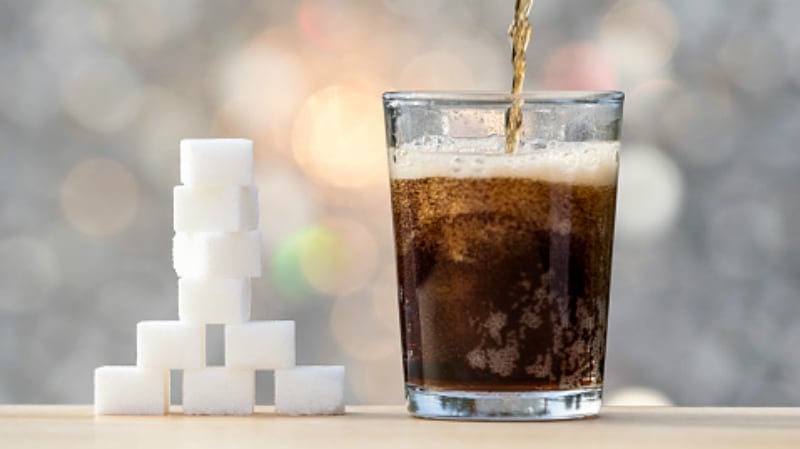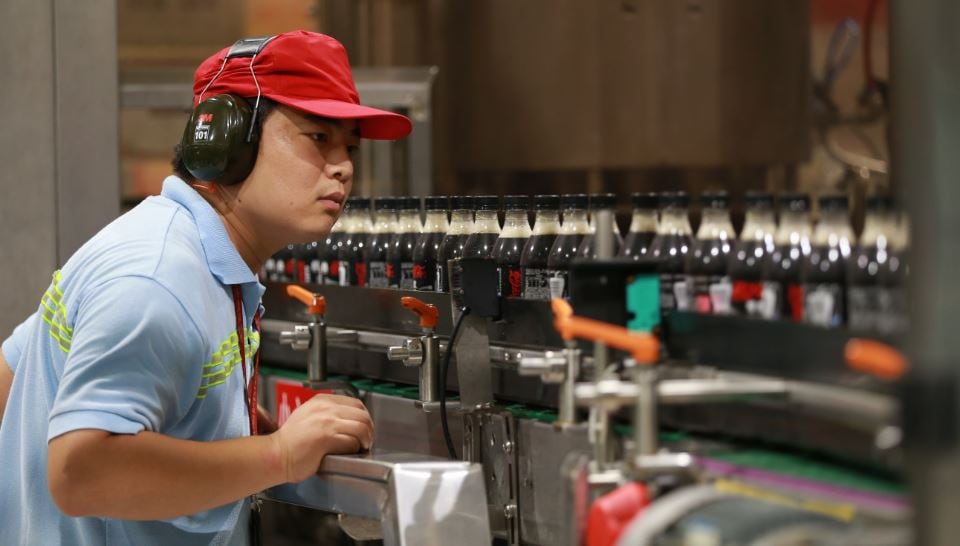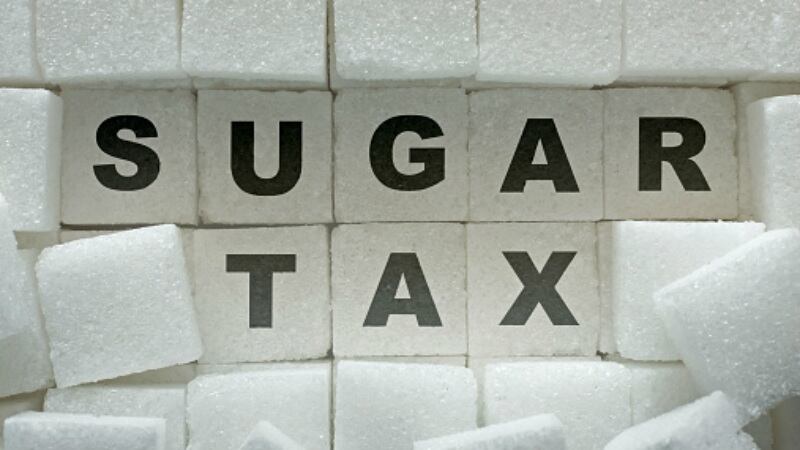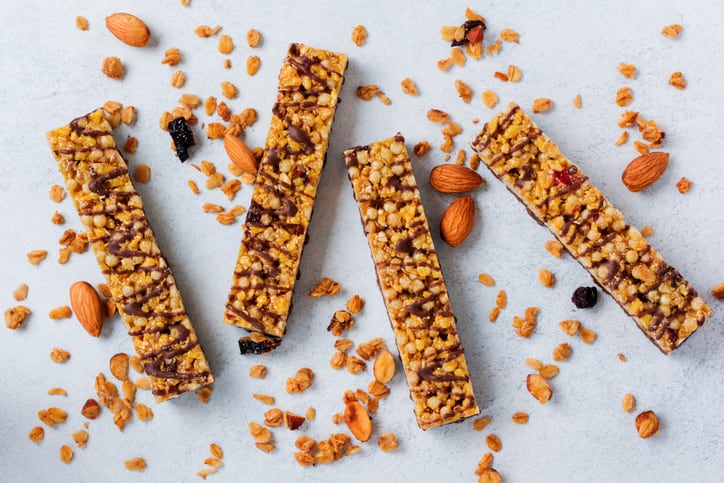The labelling scheme was announced by Singapore’s Senior Minister of State for Health Edwin Tong in parliament on March 5 2020. Dubbed ‘Nutri-Grade’, the nutrient label will have four different grades: ‘A’ (dark green), ‘B’ (light green), ‘C’ (yellow) and ‘D’ (red).
Grade A drinks will have the lowest sugar and saturated fat content, whereas Grade D will have the highest.
“This provides a quick, at-a-glance summary of the nutritional quality of the beverage, allowing consumers to compare across products at the point of purchase. Besides the grade, we will indicate the sugar level of the beverage as a percentage of the total volume,” said Tong in his announcement speech.
“This provides Singaporeans with more information so they can compare sugar levels across beverages within the same grade and across different pack sizes.
“For example, beverages with more than 5% sugar content will be graded ‘C’, while beverages with more than 10% sugar content will be graded ‘D’. But beverages may be ‘downgraded’ to Grade D, if they also contain a high amount of saturated fat.”
Tong added that usage of the Nutri-Grade label was currently ‘encouraged’, but would be mandatory for Grade C and Grade D beverages.
“[The label] will not only be displayed on the front of product packaging, but also at points of sale where customers do not have direct access to the product, such as e-commerce websites, vending machines and drink fountains,” he said.
All forms of advertising for Grade D beverages on all media platforms will also be prohibited in order to ‘reduce the impact of advertising on consumer preferences and encourage manufacturers to reformulate’.
Industry body Food Industry Asia (FIA) questioned the need for mandatory labelling for lower-grade products, citing concern that this move would lead to consumer confusion and was a shift away from current initiatives.
“The Nutri-Grade system comes at a time when seven beverage manufacturers had already made a three-year commitment in 2017 to reduce their sugar content to 12% or lower,” FIA Executive Director Matthew Kovac said in a formal statement.
“Over the past years, the industry has achieved significant progress in reducing the sugar content in products [and] the change in sugar thresholds to 10g per 100ml, as suggested by the new Nutri-Grade label, is essentially shifting the goalposts.
“[We also believe] that the decision to mandate labelling for Grade C and D beverages may overwhelm consumers and lead to confusion when making food and beverage choices.
“For instance, categorising some full-fat milk as Grade C, which then means that the product requires mandatory FOP labelling, can create a negative perception among consumers although scientific studies have demonstrated the benefits of full-fat dairy consumption.”
Worries were also raised that this would affect reformulation efforts in the industry, and eventually lead to overall consumer rejection of new products.
“The reformulation process is carried out in phases to encourage consumer acceptance; however, this sudden shift in sugar thresholds will negatively affect the progress that has been achieved so far,” added Kovac.
“[This] could potentially lead to consumers rejecting products. Consequently, consumers may opt for alternatives that are equal or higher in sugar content.”
Advertisement concerns
In addition, Kovac criticised the advertising ban on Grade D beverages as ‘disproportionate’, claiming that these were even stricter than advertising regulations for beverages such as alcohol.
“Evidence has shown that advertising bans have little impact on the wider societal factors that drive non-communicable diseases (NCDs) like diabetes. [Implementing] an advertising ban, that is based on limited scientific evidence, on Grade D SSBs can potentially damage Singapore’s reputation,” he said.
“[This] could potentially result in companies responding to the ban by lowering prices, which then leads to an increase in product demand, and consumers potentially switching to alternatives with higher sugar content.”
Nutri-Grade has been a work in progress for Singapore since October 2019 when the Ministry of Health first announced that results from a public consultation had supported more initiatives to reduce sugar intake from pre-packaged SSBs.
The new regulations will be published at the end of 2020, and manufacturers will be given a one-year transition period to adapt.
Freshly-prepared beverages
Tong also announced that the same measures would apply to freshly-prepared drinks such as bubble teas.
“As a start, these measures will apply only to the larger chains, which are more likely to have consistent recipes, as well as significant reach and impact locally,” he said.
“We will study the local landscape to determine the appropriate criteria for what comprises a ‘large chain’.”





